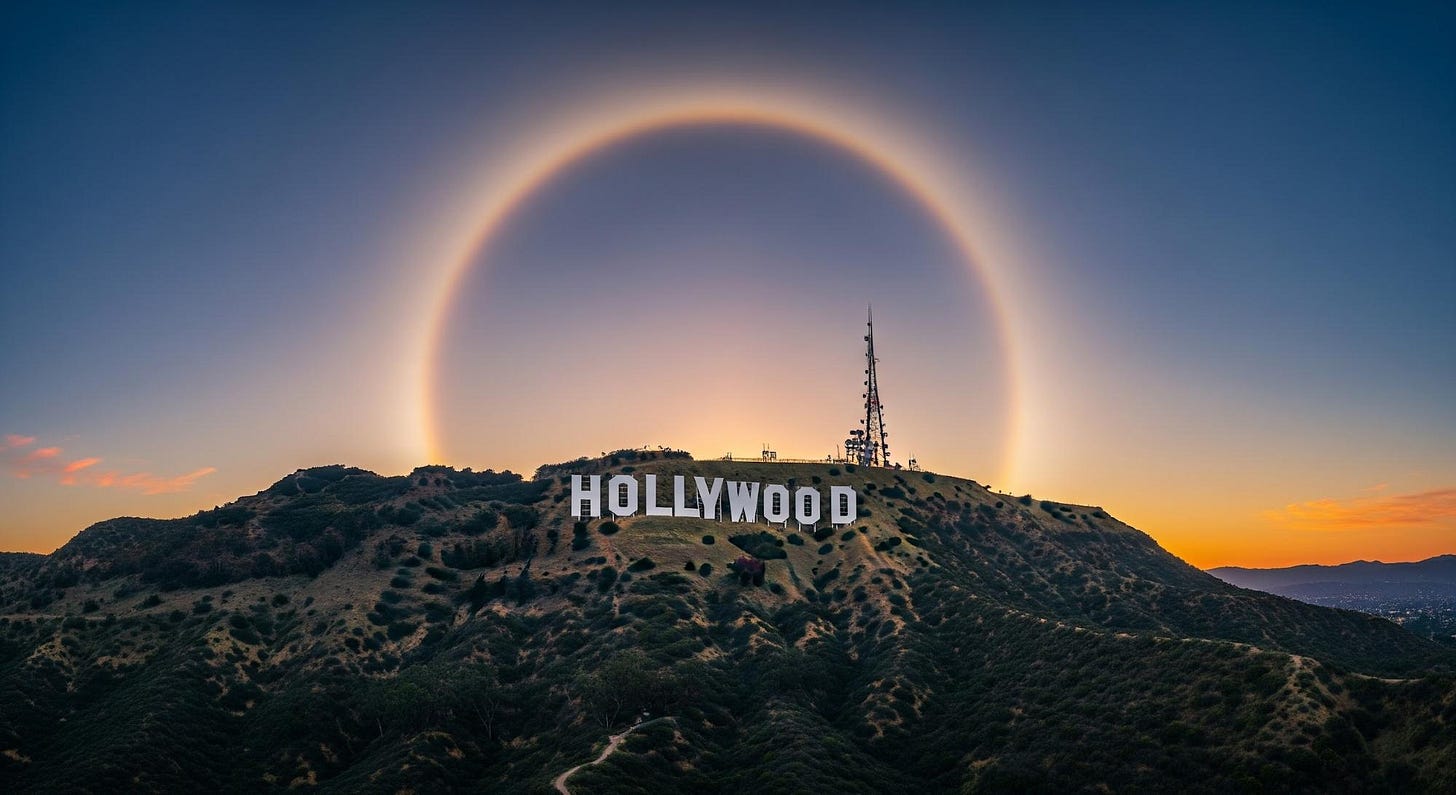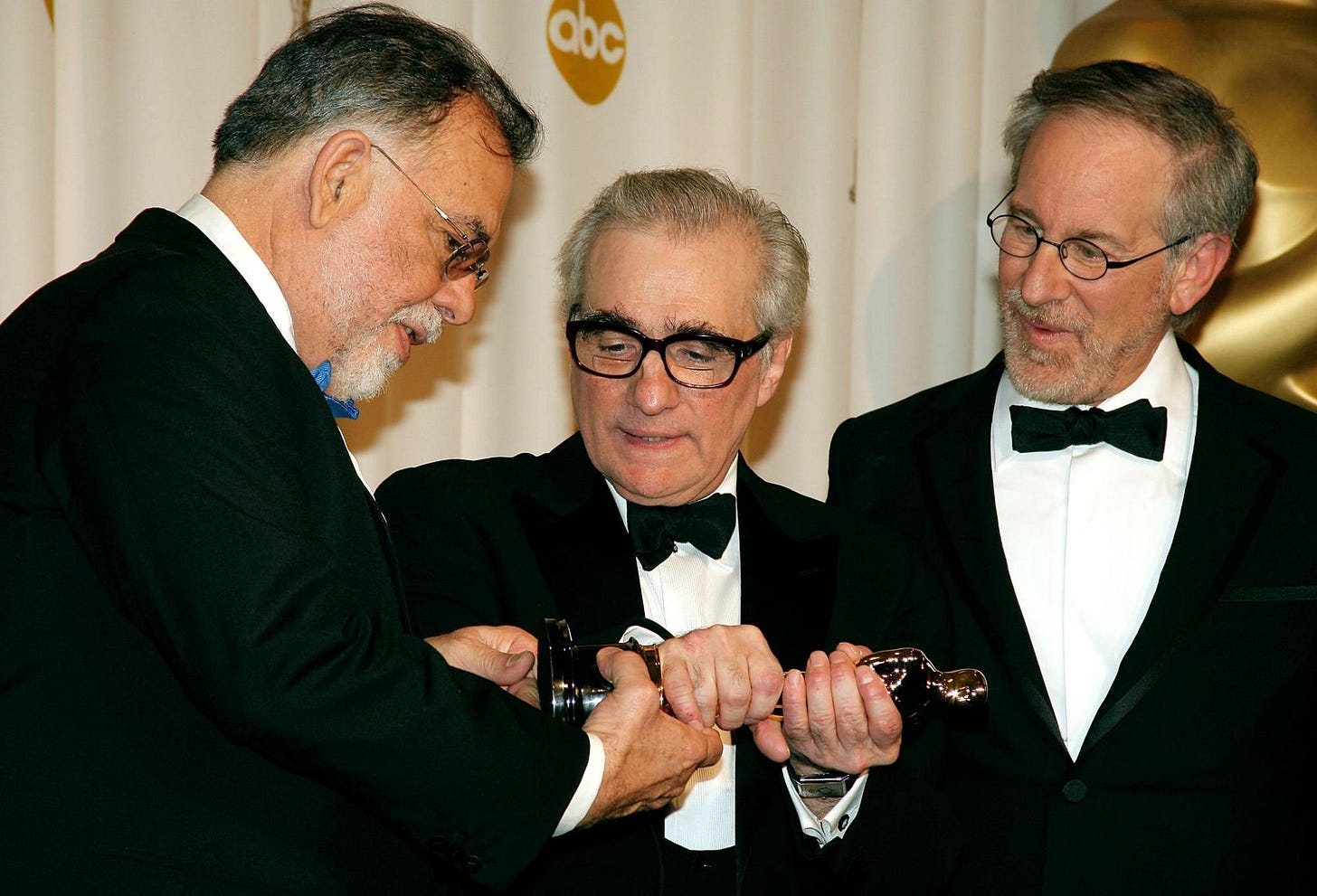Pope Leo Wants To Make Hollywood Great Again
Cinema once shaped our humanity. Pope Leo XIV wants to bring that back.
Hollywood sucks in the year 2025, and we can all sense it.
The endless, dispiriting stream of sequels, remakes, and live-action remakes of classic animated movies might fill theater seats and drive profits for the studios, domestically and abroad, but they lack originality, artistry, and soul. These tent-pole blockbusters look and feel sanitized, like perfectly crafted corporate products; they don’t take creative risks, they’re not messy or provocative, nor illuminating, and they do not speak to the soul. After subjecting yourself to a torturous and tedious fifth Avengers sequel, you do not exit the theater with any emotion, other than, perhaps, disgust for having wasted your time and money. You certainly never feel as if the movie changed you, changed your perspective on the world or on human nature. In the words of the great filmmaker Martin Scorsese, these movies are theme parks and roller coasters, cheap thrills that do not “convey emotional, psychological experiences to another human being.” They are not art. They are not “cinema.”
It’s sometimes difficult, in my opinion, to precisely define “cinema.” Some of you, dear readers, might find it a pretentious and obnoxious term. Admittedly, sometimes I do as well. What’s wrong with saying “movie,” “film,” or, if you’re a real old school type, “picture”? Although I find it is a tad pretentious, it is also useful. Useful in that it helps us contrast the movies we see from Hollywood today, the theme parks and roller coasters, with the movies of old that were remarkably better made and told stories that were original, enthralling, and inspiring. I’m sure the academic cinephiles across the world have argued and debated the definition of cinema to the point of absurdity. But, if I could define it, I would borrow a phrase used by Justice Potter Stewart in a landmark Supreme Court case in 1964: like porn and obscenity, you know cinema when you see it. (However, as you will read a few paragraphs down, I think Pope Leo XIV defines it best.)
Cinema was an art form, like painting or literature. From soup to nuts, writing to camerawork, these films were beautifully crafted. The people who made them aspired to something greater than box office returns. One of the greatest artists of his time, Stanley Kubrick, was exacting and meticulous. He was a madman, a genius who would shoot hours and hours of footage, practically torturing his actors, as he carefully framed and lit each shot until it fit his definition of perfection. Just take a look at his 1975 film Barry Lyndon. These images are like old-world paintings languidly brushed onto a screen. They are beautiful to behold. They’re so beautiful and compelling that they make you want to step into this world and live in it briefly.
Keep reading with a 7-day free trial
Subscribe to State of the Day to keep reading this post and get 7 days of free access to the full post archives.




